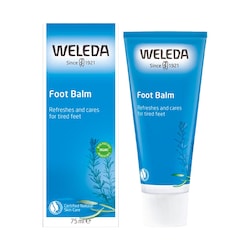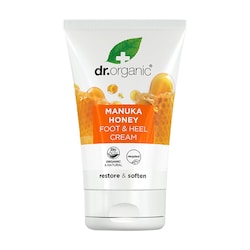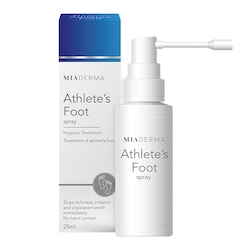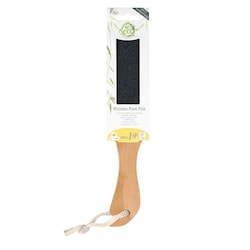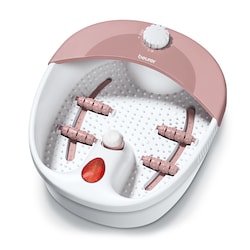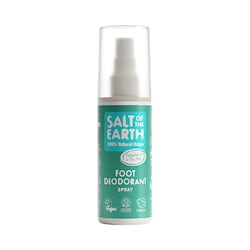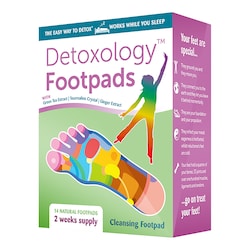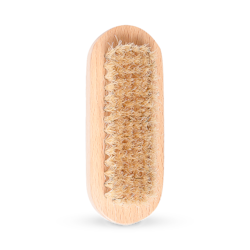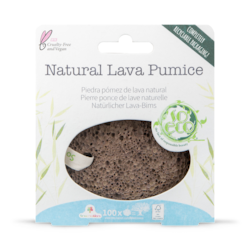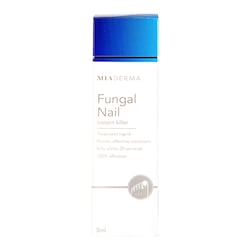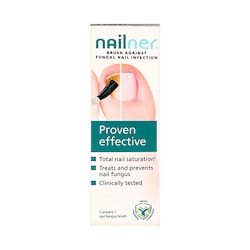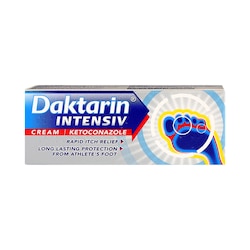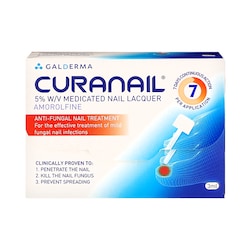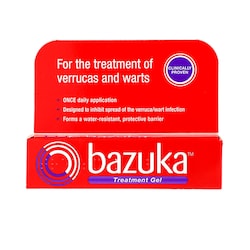15% off £30 OR 20% off £40
4 common symptoms of being low in vitamin B12
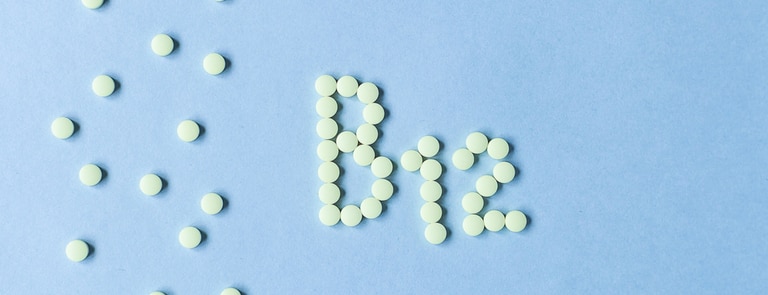
Vitamin B12, also called cobalamin, is a water-soluble vitamin that is vital to your health.
However, your body cannot make this vitamin on its own, nor can it store it, so you need to consume B12 in some way or another.
Vitamin B12 plays a key role in the production of red blood cells, as well as in your DNA, and the normal functioning of your nervous system.1
So how do you know if you have enough vitamin B12 in your diet? And how can you tell if your symptoms might be related to low B12 levels?
Sources of vitamin B12
The NHS advises that adults between the ages of 19 and 64 require about 1.5 micrograms a day of vitamin B12.
And it suggests that the following contain good sources of vitamin B122:
- meat
- fish
- milk
- cheese
- eggs
- some fortified breakfast cereals
However, for vegetarians who may not eat a lot of eggs or milk products, and for vegans, it can sometimes be hard to get enough B12 in their everyday diet.
B12 deficiencies are also common in the elderly.3
In these cases, you can try to get your B12 from foods like cereals that have been fortified with it, from Marmite, and from supplements.
How to tell if you might be low on vitamin B12
To work out if you may have a B12 deficiency, look out for the following signs and symptoms.
-
Pale or jaundiced skin
If you look paler than normal, or have a subtle yellow tinge to your skin and the whites of your eyes, you could have a vitamin B12 deficiency.
This is because the vitamin is important for your red blood cells. When red blood cells are not able to divide, you can get a type of anaemia called megaloblastic anaemia.
This is where the red blood cells produced in your bone marrow become fragile and large, and then too big to pass out of your bone marrow and into circulation.4
With less red blood cells in your body, your skin loses some of that colour and looks paler.
The cells are also more fragile, and when a lot of them break down, you can have an excess of bilirubin.
Your liver produces this when it processes old blood cells. Large amounts of it produce a yellow tinge in your skin and eyes.5
-
Weakness and fatigue
Red blood cells also transport oxygen around your body, from your lungs.
Oxygen is important for your muscles and for recovering after exertion or exercise.
Vitamin B12 also helps metabolise protein, which is important for muscle building.
This means that no matter how much or how good a sleep you get at night and how much you work out during the day, you will still feel tired and weak if you are not getting enough B12.6
-
Pins and needles
Also called paraesthesia, this symptom is a reflection of possible nerve damage or nerve issues.
Vitamin B12 is important for the metabolic process that produces myelin. Myelin surrounds your nerves in order to protect and insulate them.
If you do not get enough B12, myelin is produced differently, and your nervous system does not function well.7
A prickling sensation in your hands and feet can be a sign that this is happening.
Of course, there are various causes of pins and needles, including sitting on your own leg for a while.
You can also get pins and needles as a result of conditions like sciatica, multiple sclerosis, or after getting treatments like chemotherapy. Some medicines, toxic substances, and large amounts of alcohol could also cause them.8
As with any symptoms, it is a question of noticing various of them, or if you are concerned about having one or two, going to a doctor to get a blood test for confirmation.
-
Glossitis and mouth ulcers
Glossitis is when your tongue is inflamed. It changes colour and shape and can become painful and red.
Because the tongue is swollen it can also appear smoother than normal.9
Glossitis can also change the way you eat and speak.
If you have a B12 deficiency you could also experience other mouth issues, such as ulcers, a feeling of pins and needles in your tongue, or burning and itching sensations in the mouth.10
Glossitis can also be an allergic reaction to oral care products, foods, or medicines, or it can be the result of an infection, injury, or certain hormonal factors.11
Other symptoms of a vitamin B12 deficiency
Other possible symptoms of a vitamin B12 deficiency include12:
- changes in the way you walk or move around (in your mobility)
- disturbed vision
- irritability
- depression
- mood changes
- memory or judgement issues
Vitamin B12 deficiency anaemia
Of course, one definitive way of knowing if you are deficient in vitamin B12 (otherwise known as vitamin B12 deficiency anaemia) is to make an appointment with your GP, who may then run a blood test.13
If you have any concerns about your current B12 levels, then it is advisable to seek a medical opinion in the first instance.
Last updated: 18 March 2021
- https://www.healthline.com/nutrition/vitamin-b12-deficiency-symptoms
- https://www.nhs.uk/conditions/vitamins-and-minerals/vitamin-b/
- https://www.healthline.com/nutrition/vitamin-b12-deficiency-symptoms
- https://www.healthline.com/nutrition/vitamin-b12-deficiency-symptoms
- https://www.healthline.com/nutrition/vitamin-b12-deficiency-symptoms
- khttps://www.nenergyboost.com/blog/5-signs-hinting-at-a-vitamin-b12-deficiency
- https://www.healthline.com/nutrition/vitamin-b12-deficiency-symptoms
- https://www.nhs.uk/conditions/pins-and-needles
- https://medlineplus.gov/ency/article/001053.htm
- https://www.healthline.com/nutrition/vitamin-b12-deficiency-symptoms
- https://medlineplus.gov/ency/article/001053.htm
- https://www.nhs.uk/conditions/vitamin-b12-or-folate-deficiency-anaemia/symptoms/
- https://www.nhs.uk/conditions/vitamin-b12-or-folate-deficiency-anaemia/


